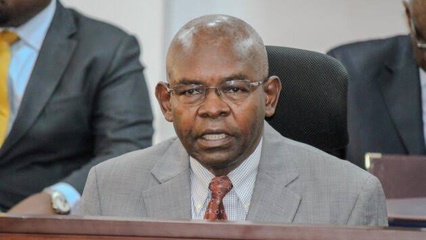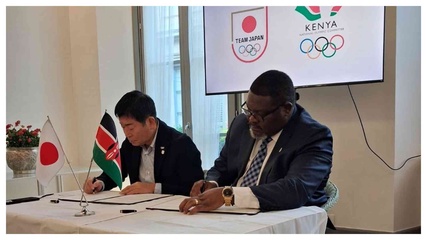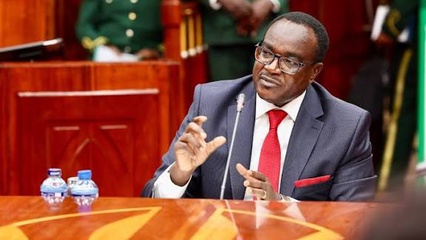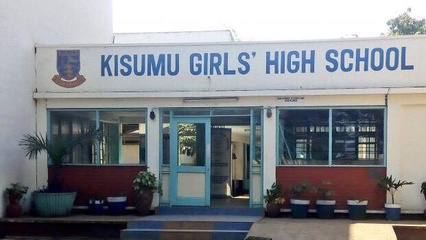Balancing the Books: As Debt Payments Soar, Kenyans Ask if Priorities Need to Shift

By Juma Majanga NAIROBI, Kenya, Aug 12 - In a country plagued with many challenges that cut across healthcare, education, and youth unemployment Kenya’s Kenya breaking news | Kenya news today |..
✨ Key Highlights
Kenya is grappling with a soaring debt burden and its impact on the nation’s ability to fund essential services, sparking a debate on necessary fiscal adjustments. As debt servicing costs consume a significant portion of its revenue, the country faces tough choices in prioritizing public spending.
- Kenya’s foreign debt stands at KSh 11.5 trillion, with a debt-to-GDP ratio of approximately 66.8%.
- Debt servicing for the current year is about KSh 1.8 billion, representing approximately 67.1% of the country’s revenue, well above the IMF’s recommended threshold of 30%.
- This month, the government will spend KSh 68.7 billion on external debt repayments, significantly impacting official forex reserves.
- Payments to China for the Standard Gauge Railway (SGR) loans contracted in 2014 and 2015 amounted to KSh 55.8 billion in July, accounting for 81.3% of total external debt service for that month.
Continue Reading
Read the complete article from Capital Business
Part of the Day's Coverage
CBK Cuts Lending Rate to 9.5% Amid National Debt Debates and Procurement Talks - August 2025
The Central Bank of Kenya (CBK) has reduced its base lending rate by 25 basis points to 9.5 percent, effective August 12. This decision aims to stimulate economic activity and lower borrowing costs. The action comes as Kenya grapples with a soaring debt burden and its impact on funding essential services, sparking a debate on fiscal adjustments. Debt servicing costs are consuming a significant portion of national revenue, forcing tough choices in public spending. Concurrently, Ben Farrell, the Global CEO of the Chartered Institute of Procurement and Supply (CIPS), is in Nairobi for a week-long visit. His trip from August 8–15 is to engage leaders on procurement and supply chain issues, signaling significant developments for CIPS's East African strategy.






